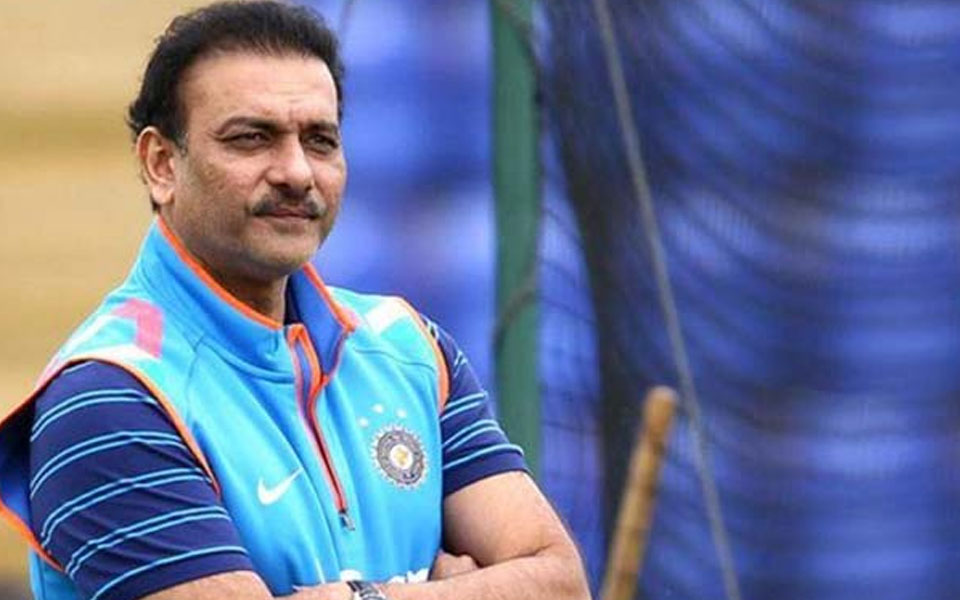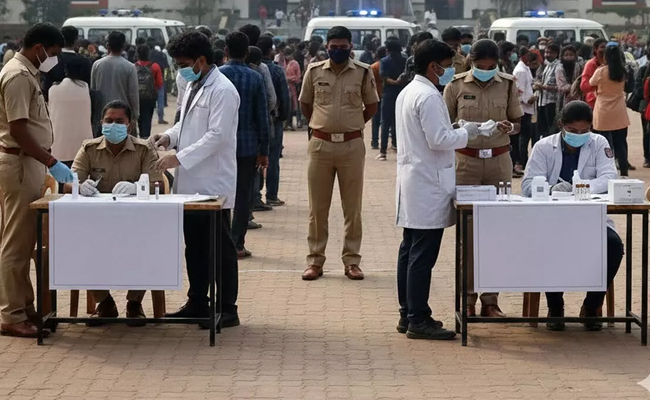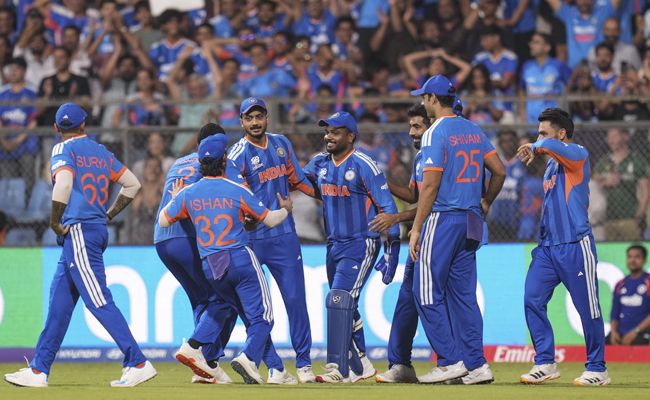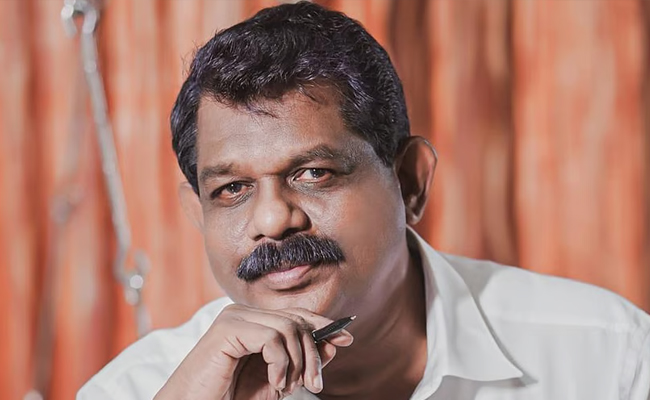Melbourne, Dec 23 : Ravi Shastri was dismissive of all the flak that the Indian team copped taking a dig at critics for "firing blanks while sitting million miles away".
India were humbled by Australia in the second Test in Perth by 146 runs, prompting the likes of legendary Sunil Gavaskar to question the team management's selection policies and demanding more accountability from captain Virat Kohli and the head coach.
Shastri didn't take any names but in his inimitable style rubbished all criticism making it evident that he has not taken it too well.
"When you are millions of miles away, it is very easy to fire blanks. Their comments are too far away and we are in the Southern hemisphere. We have to do what's best for the team, as simple as that," the India head coach fired a counter salvo at all the ex-cricketers, who haven't had exactly charitable comments about the team.
When asked about selection conundrum, Shastri said the only dilemma is whether to play Ravindra Jadeja or not unlike what some experts made it out to be.
"Apart from Jadeja, I don't think there was any other selection dilemma and if there was, it is not my problem," Shastri replied with his usual swagger.
When asked about Jadeja's on-field spat with Ishant Sharma that was caught on camera during the second Test, the coach replied,"I am never surprised (by such coverage). I love coverage, bring it on, as simple as that. In many ways, it can inspire a team to come together and let us hope it does," the coach said.
There was no surprises when Shastri backed skipper Virat Kohli, whose on-field behaviour has been questioned by the Australian experts.
"He was fantastic. What is wrong with his behaviour? Of course, you can question but as far as we are concerned, he is an absolute gentleman," said Shastri.
Shastri however admitted that top-order has been an issue for the team with both KL Rahul and Murali Vijay failing in four successive innings in the two Tests.
"Top-order problems are a big concern, that's obvious. Responsibility and accountability has to be taken by the top order. I am sure they have got the experience and exposure over the last few years to get out there and deliver," said Shastri, backing Rahul-Vijay to come good.
He did gave indication that team management is seriously looking at Mayank Agarwal as an option.
"Mayank is a good young player. He has got loads of runs for India A. He is someone who has come through the ranks and when you look at his domestic record, his performances are as good as anyone. So that's a call we will have to take," he added.
When asked if India have lost any momentum in Perth, Shastri said that the team are in a unique position at 1-1 in the series, one they didn't experience in South Africa or England.
"We have not lost any morale in Perth. We knew we had our chances there in Perth as well, so we are ready. We are at 1-1 in a Test series in Australia."
Very rarely have we been in a position (this year) where we are 1-1, and it is not often for a team, when they travel overseas, that they are placed 1-1 with two Tests to go. So the boys know what they can do and what they are capable of. The potential lies ahead. We will be third time lucky (after South Africa and England)," Shastri signed off.
Let the Truth be known. If you read VB and like VB, please be a VB Supporter and Help us deliver the Truth to one and all.
Bengaluru (PTI): Thirty-one students tested positive during an anti-drug screening drive conducted in educational institutions in Vijayanagar area of the city, police said on Thursday.
The drive was conducted as part of Karnataka State Police department's newly introduced initiative called "Sanmitra" aimed to address the serious issue of drug addiction, which has been severely impacting the youth across the state, they said.
This initiative aims to adopt a transformative approach to find solutions and take compassionate steps towards building a drug-free society, police said.
According to police, as part of this directive, on March 4, under the leadership of DCP West Division Yatheesh N, inspections related to drug consumption were conducted within the limits of Vijayanagar Sub-Division police stations under Bengaluru City Police Commissionerate.
With the consent and no-objection certificates obtained from the management of six educational institutions and two hostels, inspections and checks were carried out.
"Urine samples were collected from more than 1,200 students, out of which 585 samples were randomly tested, and 31 samples were found to be positive," police said in a statement.
The operation was conducted with the full cooperation of officers and staff of local police stations, along with doctors, technicians, and staff from nearby hospitals, police said.
Necessary arrangements will be made to provide counseling with mental health professionals and to ensure required medical support for those in need, they said.
The identity and family details of individuals tested will be kept strictly confidential, police assured.





